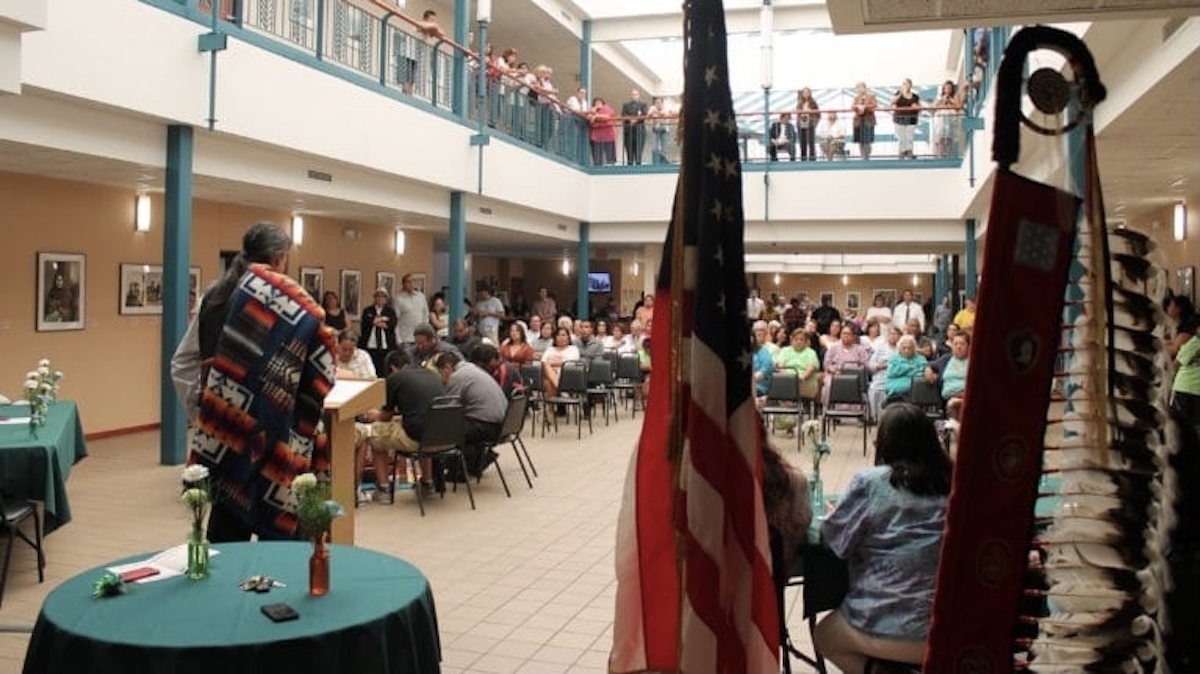Madison Mayor Satya Rhodes-Conway pushes Wisconsinites to educate themselves on the Wisconsin-native Ho-Chunk nation. | Ho-Chunk Nation
Madison Mayor Satya Rhodes-Conway pushes Wisconsinites to educate themselves on the Wisconsin-native Ho-Chunk nation. | Ho-Chunk Nation
As National Native Heritage Month begins, Madison Mayor Satya Rhodes-Conway is pushing Wisconsinites to educate themselves on the Ho-Chunk Nation.
Rhodes-Conway tweeted Nov. 9, sharing a link to the Ho-Chunk nation webpage, encouraging residents to learn more about the Wisconsin-native nation.
“November is #NationalNativeAmericanHeritageMonth – to recognize the significant contributions the first Americans made to the establishment and growth of this country. Learn more about our local Ho Chunk nation,” Rhodes-Conway wrote in her tweet.
The tribal website says the Ho-Chunk Nation has a traditional government consisting of a chief and clan system, as well as a government with four branches: Executive, legislative, judicial and the general council. This government, located in Black River Falls, was designed to interact with the federal, state and local governments with executive power held by the president of the Ho-Chunk Nation.
A report by the U.S. Army states the chief of the Ho-Chunk Nation is Clayton Winneshiek, whose father served as a code talker during World War II, despite the fact that the Ho-Chunk did not gain federal recognition or tribal sovereignty until 1963. The current president, Marlon WhiteEagle, works to provide transparency to the nation through video messages on the nation’s progress and upcoming events, the Ho-Chunk website states.
Wisconsin First Nations, a platform providing educational materials on tribal nations in the state, said the Ho-Chunk are one of two of the First Nations of Wisconsin, originating from the Red Banks area near what is now Green Bay. While there are around 8,000 members of the Ho-Chunk Nation living today, attempts to “ethnically cleanse” its people from Wisconsin and Illinois by moving them to Minnesota, Iowa and Nebraska were rampant between 1832 and 1874. As the Ho-Chunk people kept returning to their homeland, they were finally able to purchase their ancestral land through the 1862 Homestead Act, resulting in the Indian Homestead Act of 1875, a new national law, Wisconsin First states.





 Alerts Sign-up
Alerts Sign-up